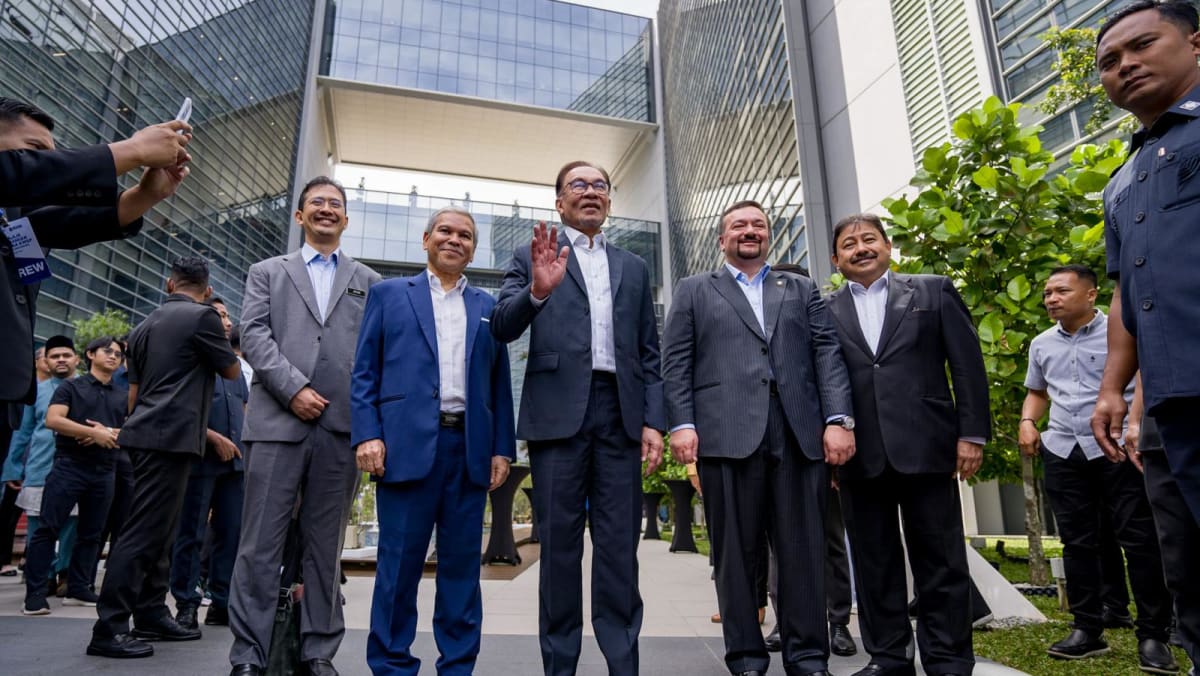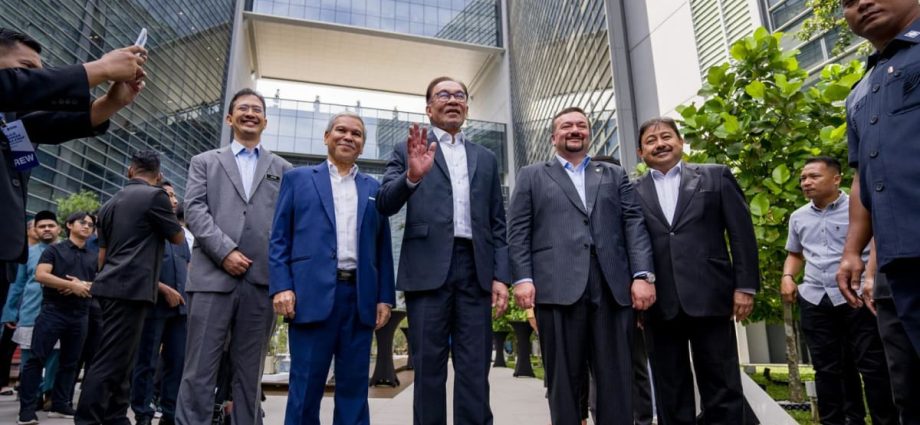
KUALA LUMPUR: Malaysian Prime Minister Anwar Ibrahim has reiterated that the government will not allow the public to make any more special withdrawals from the Employees Provident Fund (EPF) retirement scheme.
This is despite the likelihood of the issue being played up by the opposition, said Mr Anwar.
“I believe this issue will be played up and made into a political issue, including in the upcoming six state elections.
“But this shouldn’t worry us. We must make the right decision and we shouldn’t be dragged into making a forced decision just to appease several people,” Mr Anwar said on Monday (May 8) during an event to inaugurate the new EPF headquarters.
The prime minister noted that early EPF withdrawals were allowed during the COVID-19 pandemic but the situation is now different as Malaysians are allowed to return to work.
A total of four withdrawals were allowed by the previous federal administrations under Muhyiddin Yassin and Mr Ismail Sabri Yaakob between 2020 and 2022.
Separately, Mr Anwar also urged the EPF to increase its share of domestic investments to 70 per cent by the end of this year, especially in strategic investments.
He said that currently, 66 per cent of EPF’s investments were in the country.
Earlier in February, Deputy Finance Minister Ahmad Maslan reportedly told parliament that a total of RM145 billion (US$32 billion) had been withdrawn from the EPF by 8.1 million people during the COVID-19 pandemic.
Mr Ahmad Maslan said then that there was also a drop in the median savings of EPF accounts for all Malaysians over three years, from RM16,600 in 2019 to RM8,100 in 2022.
About 6.7 million people out of a total of 13.1 million EPF members also reportedly have savings of less than RM10,000, up from 4.7 million people in 2020.
The opposition coalition Perikatan Nasional (PN) has been urging the unity government to allow another round of EPF withdrawal for those in need.
Six states – Kedah, Penang, Kelantan, Terengganu, Selangor and Negeri Sembilan – are most likely to hold their elections in July or August of this year.
Mr Anwar was sworn in as prime minister on Nov 24 last year after the 15th General Election (GE15) failed to produce a clear winner.
He leads a unity government comprising his Pakatan Harapan coalition and the previous ruling coalition Barisan Nasional as well as Gabungan Parti Sarawak (GPS), Gabungan Rakyat Sabah (GRS) and Parti Warisan (Warisan).

